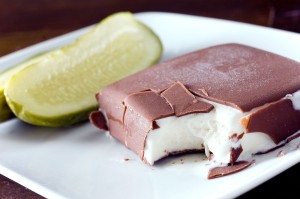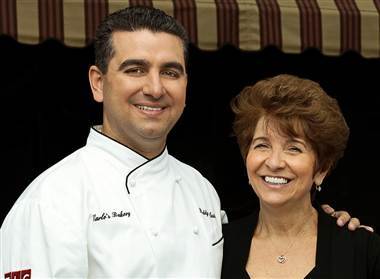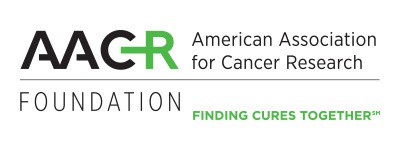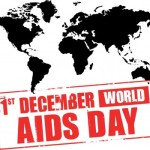Pregnancy Cravings Celebrity Style

For Jessica Simpson, it’s melon, covered in salt.
For Halle Berry, drinking pepperoncini juice.
For Beyonce, ketchup, on bananas.
“Breakfast, lunch or dinner - I need to have a bottle of ketchup close to hand.”
Many women have strong desires for specific foods during pregnancy. Some studies have shown that up to 68% of women will have cravings for specific foods sometime during their pregnancy.
But what is behind these urges for “pickles and ice cream”?
The jury is still out on a definitive answer to that question, but there are a few theories:
Some attribute cravings to the rapid rise of pregnancy hormones the expectant mother experiences. Shifts in hormones during pregnancy can intensify the sense of smell. Taste is heavily dependent on smell (as anyone who has had a cold or sinus congestion knows). And this intensified sense of smell may alter the choice of food a person desires.
Others suggest that cravings might be caused by changes in nutritional requirements during pregnancy. A pregnant woman’s increased needs for vitamin C and calcium leads her to crave foods which are rich in these substances, such as fruits, milk, and ice cream. Cravings for salty food may reflect the need for more sodium, which corresponds to a woman’s increase in blood volume during pregnancy.
“Pica” is a Craving for Non-food Substances
Some women crave nonfood items such as clay, ice, laundry starch or cornstarch. Pica may signal a lack of certain nutrients, such as iron deficiency anemia and zinc deficiency, so a pregnant woman should seek medical advice if she has these kinds of cravings. Some women may consume large amounts of flour or cornstarch. This may make them feel full and decrease the amount of healthy foods they should eat. It can also lead to constipation and even blocked bowels.
A Craving to Eat Roadkill, Really?
Occasionally, a woman will have some pretty bizarre cravings. Taxidermist Alison Brierley is used to handling roadkill. But when she became pregnant, we started to have cravings for it’s meat. According to Brierley,
It’s more gamey than other meat and I love the taste.
She even makes Japanese gyoza with the meat.
Comfort Food, Morning Sickness & Poison
Some women use cravings as a way to comfort themselves: “It’s possible that women who are feeling nauseous, bloated, tired, or crabby due to the effects of pregnancy hormones look for foods to increase their comfort level,” says Elisa Zied, a registered dietitian and spokesperson for the American Dietetic Association. “Some women who deprive themselves when they’re not pregnant think of pregnancy as a time to treat themselves to foods they typically avoid.”
Pregnancy can also be a time of food aversion or avoidance. Things just don’t “taste right” or may increase morning sickness. The reasons for these are probably the same as those for cravings.
Regardless of cravings, not all foods are good choices for moms-to-be. During pregnancy, women are more susceptible to food poisoning and the symptoms can be much more severe.
10 Foods that Preggers Should Avoid
According to WomansHealth.gov, these include:
- Refrigerated smoked seafood like whitefish, salmon, and mackerel
- Hot dogs or deli meats unless steaming hot
- Refrigerated meat spreads
- Unpasteurized milk or juices
- Store-made salads, such as chicken, egg, or tuna salad
- Unpasteurized soft cheeses, such as unpasteurized feta, Brie, queso blanco, queso fresco, and blue cheeses
- Shark, swordfish, king mackerel, or tile fish (also called golden or white snapper); these fish have high levels of mercury.
- More than 6 ounces per week of white (albacore) tuna
- Herbs and plants used as medicines without your doctor’s okay. The safety of herbal and plant therapies isn’t always known. Some herbs and plants might be harmful during pregnancy, such as bitter melon (karela), noni juice, and unripe papaya.
- Raw sprouts of any kind (including alfalfa, clover, radish, and mung bean)
Eating healthy foods is more important now than ever! Moms-to-be need more protein, iron, calcium, and folic acid than they did before pregnancy. They also need more calories. But “eating for two” doesn’t mean eating twice as much. Rather, it means that the foods you eat are the main source of nutrients for your baby. Sensible, balanced meals combined with regular physical fitness is still the best recipe for good health during pregnancy.
Wanna Win a Free T-Shirt?
- Have you or a friend had pregnancy cravings?
- What were they?
- What was the most unusual?
- Send us a photo and description to [email protected] and we’ll send Celebrity Diagnosis T-shirts to 10 people with the most unusual cravings
This article sponsored by



























0 comments